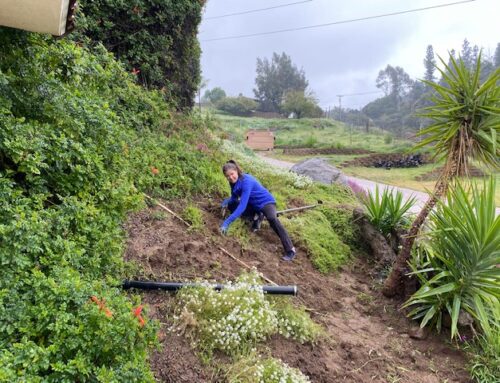By this time, your preteen and their peers are heading into the early stages of puberty (generally earlier for girls than boys).
This causes a huge increase in kids’ curiosity about sexuality and what that means for them socially, emotionally and relationally. Their changing bodies open up a sort of new frontier that they are eager to explore and understand. This can be very anxiety producing for us as parents, but being equipped with the right information about preteen sexuality, and helpful resources can do a lot to soothe those feelings.
What is happening?
Your child’s body is going through major changes in how it looks, feels, behaves and smells!! Some of these changes are going to be similar and some different than in other kids’ bodies. For some, puberty happens very quickly, for others it’s more drawn out and the extent of these changes varies between kids. Along with changes in their bodies comes social change as well. Kids at this age are eager to establish their identity, wanting to fit in and know that they belong. Boys and girls generally start socializing more and often have “crushes” on one another. They may feel the pressure to be more sexually active than they are ready for in order to try and fit in. By this time, information about sex is also being shared in their social groups and possibly at school (depending on your child’s setting).
What’s our job as the parent?
Be sure to normalize your child’s changing body as it’s easy for them to compare themselves to others and get discouraged. Help them to know that this variance in pace and extent their body develops is totally normal. Helping them maintain a sense of dignity throughout will benefit not just their sexual self image, but their self esteem as a whole. It is also our job as parents to be knowledgeable about these changes so that as they are gathering information from their different environments, we can help them make sense of what’s truth. As your child is wanting to expand into more co-ed activities, be sure to help them understand what appropriate boundaries are and they they shouldn’t feel pressured to do anything they’re not comfortable with. Having a sense of belonging and safety at home will give your child the confidence they need to resist peer pressure.
The “talk”
If you haven’t already, it is important around this age to have a conversation with your child about sex. As Kathryn mentioned previously, be sure to do so discerningly depending on your community. It is important when having a conversation with preteens about sex that you are honest, clear, simple and direct. The goal is to be the person your child comes to with questions. You want to give them a simple understanding of what happens, without using innuendo or leaving too much to their imagination. Being too indirect may leave them with more questions than answers and they may try and fill in the gaps elsewhere. This is why it is important for us as parents to come prepared with information (practicing the conversation with a partner or spouse can be a helpful exercise!). Also, remove the pressure from yourself to make this a one-time conversation. It should be something that you address with your growing child often enough to catch any questions or misunderstandings that may happen along the way. When questions come up out of the blue, first ask your child what they know about it before giving your answer. This way you won’t be giving too much information they may not be asking for and you can help correct any misinformation they may have heard.
Questions you may be asked:
-
What is sex?
-
Is it wrong to have sex?
-
Do people like sex?
-
What is a virgin?
-
What is an orgasm?
-
What is masturbation?
-
What does sex feel like?
-
Can you not have sex?
-
Have you had sex?
-
What is semen and how does it come out?
-
What is a period/pms?
What is normal/common for this age range:
-
Puberty will likely begin
-
Drive to find their identity
-
Develop first real “crush” or love interest
-
Understand that sex is not just about making babies
-
Comparing their body parts to others’ (e.g. breast or penis size, etc.)
-
Drawing pictures of genitals
-
Sexual jokes
Hopefully this helps guide you as you walk with your preteen through this often curious and confusing time – for you both! Remember, myself and Kathryn are available to chat about these topics with you, and give you more tips and resources that work for you and your family moving forward!
Best,
Mariah McQueen
Resources:
List of Changes for Girls and Boys During Puberty: http://raisingchildren.net.au/
How to Talk with your Kids about Sex
A Chicken’s Guide to Talking Turkey with your Kids about Sex




